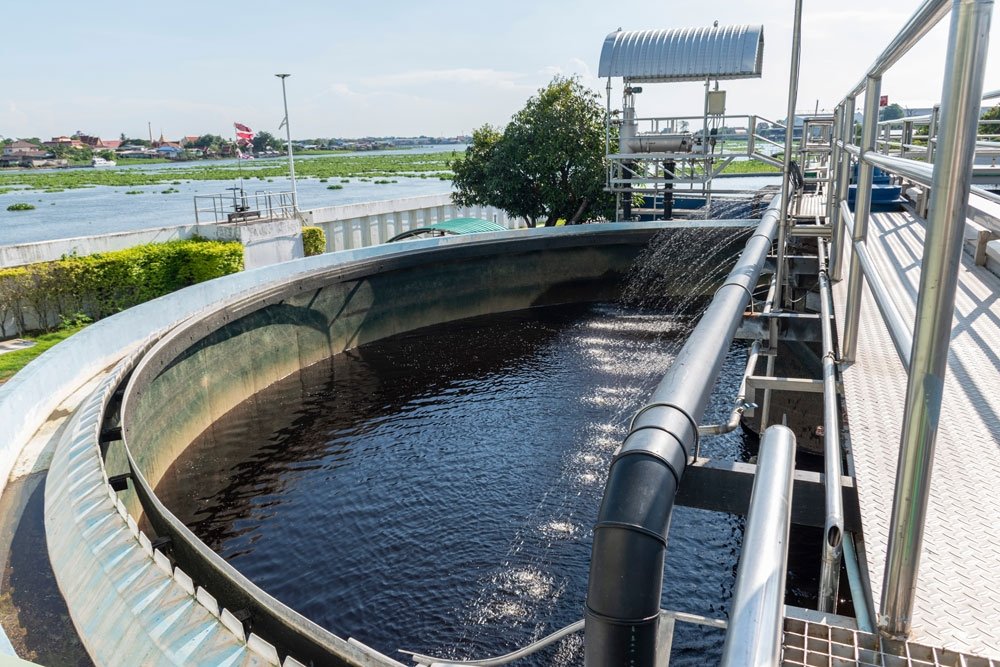The Importance of Water Management: Addressing Pollution, Scarcity, and Quality
Posted in :
Why is Water Management Important?

The world needs water management strategies and policies to reduce pollution and to address the issues of water scarcity and water quality. These can include government policy, private sector strategies and technologies, and even household and individual practices.
Safely managed drinking water is essential for health and economic development. But climate change, increasing water scarcity, population growth and urbanization pose challenges to water supply systems.
Water is essential for life
Water is a key resource for human survival. It is necessary for food, health, sanitation, and economic development. It is also a vital element of ecosystems and can be affected by climate change. Water scarcity, floods, and drought are all major threats to global prosperity and stability. Everyone has a role to play in the water management process, from governments to citizens. People can reduce their water use by taking shorter showers, using drought-tolerant plants in their gardens, and avoiding wasteful practices like hosing down cars.
Sustainable water management is the process of meeting current demands without compromising future needs. This includes managing population growth, reducing the demand for energy from water-intensive processes, and addressing climate change. It also involves identifying and implementing creative long-term solutions to water problems.
Water is a scarce resource
Billions of people do not have access to clean drinking water. This is due to climate change’s physical impacts on water systems and poor management of rivers, lakes, wetlands, groundwater reserves, and wastewater treatment plants. In addition, a large percentage of water is lost in transport and distribution systems (known as non-revenue water loss).
The world’s water supply is already stretched, and demand for food and energy will increase with population growth. Water shortages have already prompted migration and contributed to conflict in some areas.
Water quality is important because germs, heavy metals, chemicals, and pollution from factories can make people sick. These problems can be prevented with better water management, which includes setting appropriate standards for industrial production and using water more efficiently in domestic and irrigation systems. In addition, improving policy coherence between different water and other sectoral policies can improve the efficiency of water resources management. This is vital for achieving sustainable development.
Water is a pollutant
Water pollution is caused by chemicals that contaminate natural water sources. This contamination can be the result of industrial waste, pesticides and fungicides, or even metals that leach into groundwater from pipes. This can be a serious health risk for millions of people.
Agriculture is a leading source of chemical contamination, as it uses a lot of freshwater to produce food and biofuel crops. It also produces large quantities of agrochemicals that can seep into groundwater and pollute rivers, lakes and streams. Inadequate waste management can also cause chemical contamination in drinking water.
Heat is also considered a form of pollution as it decreases the ability of water to hold dissolved oxygen. This can kill fish species and encourage anaerobic microorganisms to grow.
Good water management includes reducing and recycling wastewater. It is also important to ensure that water is affordable as a human right. The Gulbenkian Think Tank on Water and the Future of Humanity warns that current rates of progress will need to double to guarantee safe, accessible and affordable water for all by 2030.
Water is a natural resource
Water is a natural resource, and it can be used for a variety of activities. However, it is a finite resource that must be conserved and managed. There are a number of reasons why water management is important, including environmental, economic, social, and health issues.
Water pollution is a global problem that affects the quality of water. This pollution can cause a variety of health problems, including diarrhea, dehydration, vomiting, and infections. In addition, water scarcity has become a problem in many parts of the world due to overutilization and groundwater withdrawal.
The solution to this problem is to improve the management of water resources and reduce demand. This can be accomplished through a number of methods, including the use of rainwater harvesting, desalination, and wastewater recycling. In addition, it is important to invest in research and education to develop new methods of water management. Water managers should also have the skills to work with a wide variety of professionals and stakeholders.